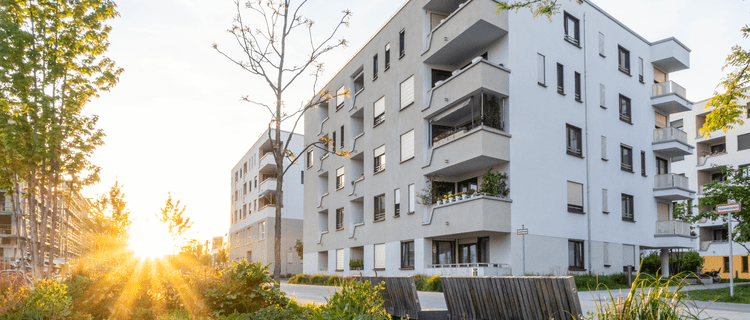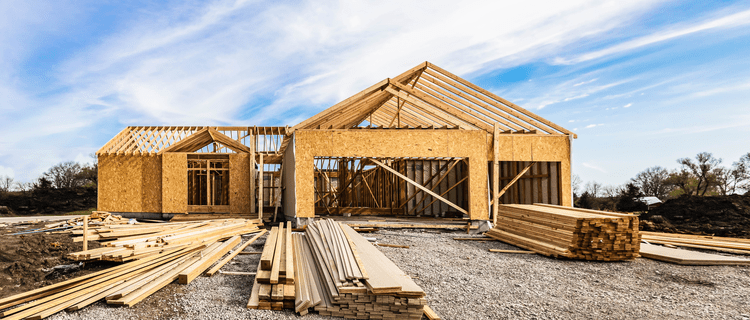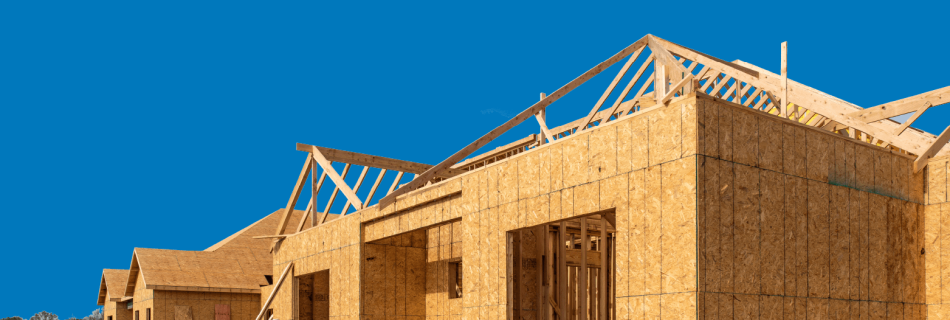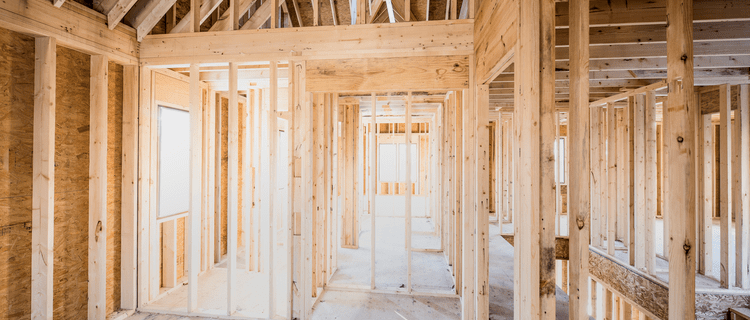Condos Could Be a Win for Today’s Buyers
Not every homebuyer wants the biggest house on the block. Some want something simpler, more affordable, and easier to maintain, especially in a market where every dollar counts. That’s where condos come in. For first-time buyers, they can be a smart way to get into homeownership without stretching your budget. For downsizers, they offer less …





